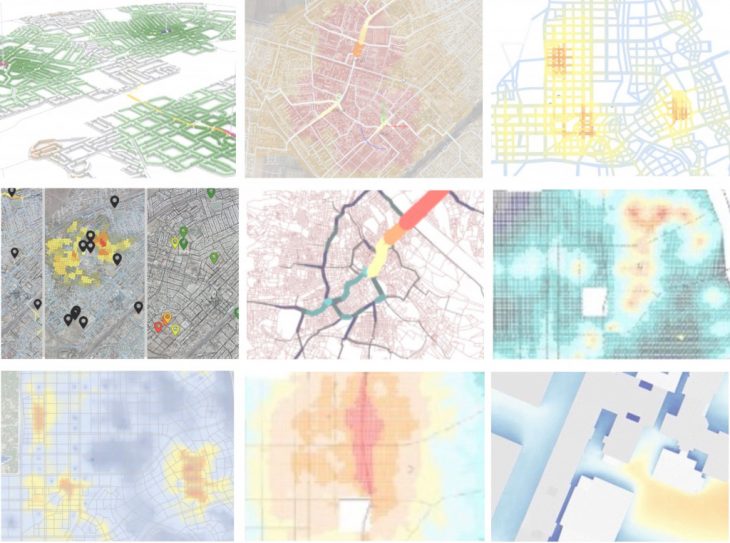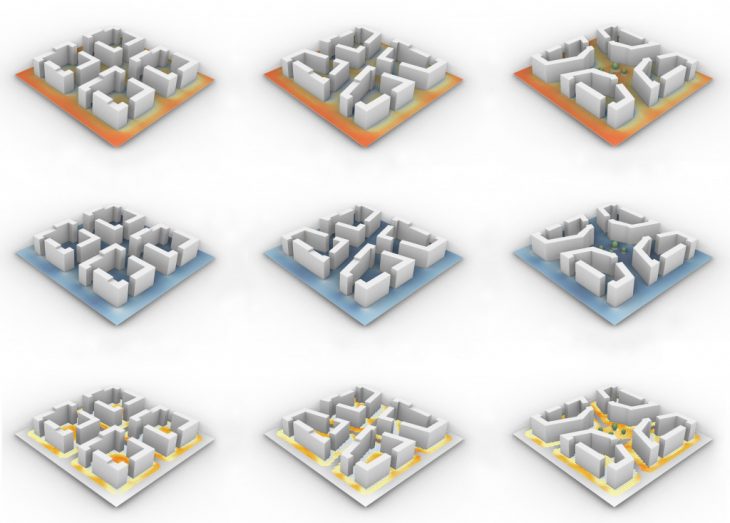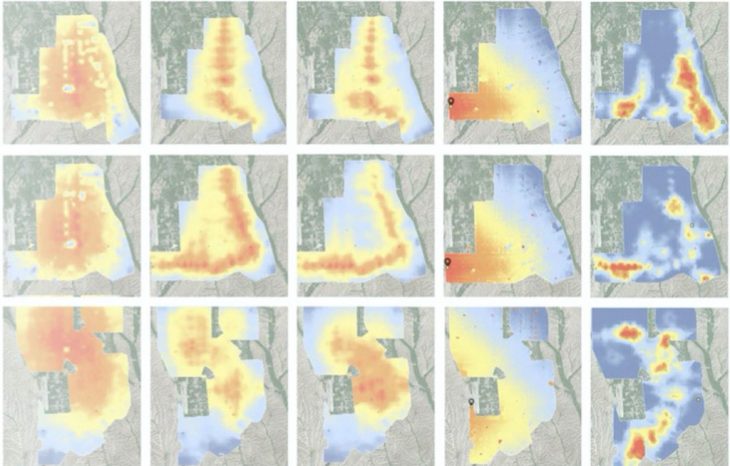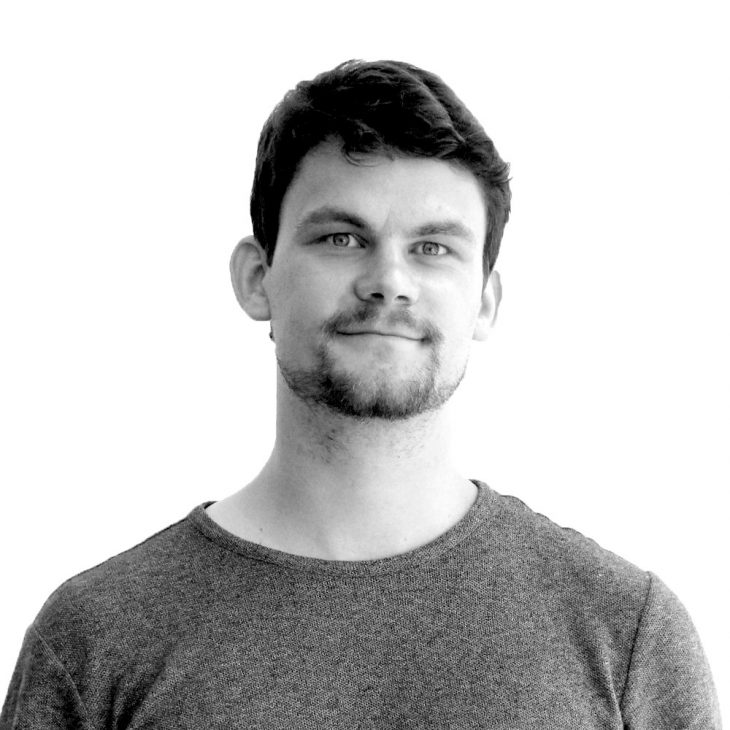Master in City & Technology Second Year 2019/21 – Term III
Seminar Name: Artificial Intelligence in Urbanism II – Applying Advanced Deep Learning Algorithms
Total Hours: 20 hours
Faculty: Angelos Chronis, Serjoscha Duering, Nariddh Khean
Syllabus

Credits: City Intelligence Lab
Artificial intelligence (AI) has permeated almost all facets of our digital and physical world. By now, it is a rarity to find an aspect of our day-to-day lives that has not been somehow influenced by an AI-driven technology. Even within the built environment, an industry that is known for its sluggish uptake of new technology, AI has been applied toward detecting anomalies in city-wide datasets, generating and optimizing urban morphologies, increasing the speed of onerous urban-scale microclimate simulations.


Credits: City Intelligence Lab
AI in Urbanism II shifts the previous focus of a broad but shallow look at fundamental deep learning methods (as seen in AI in Urbanism I), to a deeper look into more advanced and specialized deep learning architectures within urban planning and design. Through method-driven pedagogies, this 7-week module is aimed at taking students with a firm grasp of deep learning fundamentals, to importing advanced architectures and pre-trained models, performing transfer learning to retrain these models on different domains, and dealing with non-standard data types such as time-series and natural language. Finally, communicating the outcomes of these approaches are arguably just as important as training the models themselves, thus, the course will include a workshop on interactive data visualization.
Faculty

Angelos Chronis is the head of the Cities Intelligence Lab at the Austrian Institute of Technology. He has studied Architecture and has been a Marie Curie Fellow at the Innochain ITN. He has previously worked as an Associate at Foster + Partners and as Senior Faculty at IaaC, Barcelona and he has been teaching at The Bartlett, UCL and IaaC among other schools. His main research interest lies in the integration of simulation, optimization and performance drive in the design process.

Serjoscha Duering is interested in applying spatial data analysis with simulation methods in the realm of performance driven urban planning and design with a particular interest in the intersection of top-down driven development and evolutionary city growth.

Nariddh Khean’s interest lies in the use of artificial intelligence within computational design. His research initially focused on the integration of deep learning methods, which has transitioned into its application, deployment, and lifecycle.
